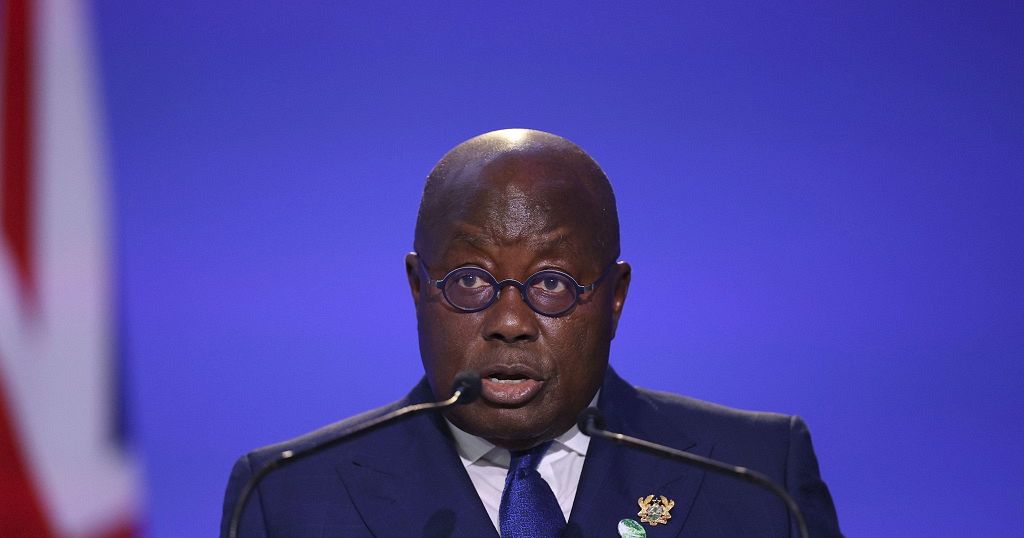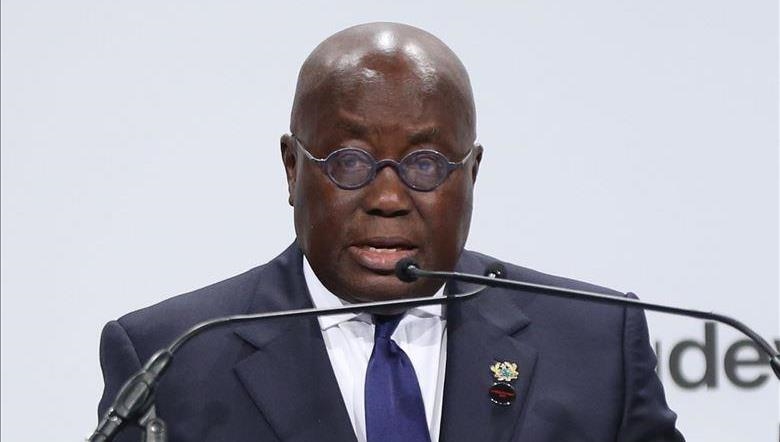You are using an out of date browser. It may not display this or other websites correctly.
You should upgrade or use an alternative browser.
You should upgrade or use an alternative browser.
The Official World Politics Thread
- Thread starter Herbal Kint
- Start date
More options
Who Replied?StringerBell
OG
The Orange Goblin’s endorsement of Brazilian Trump obviously didn’t help…
StringerBell
OG
Bannon is not happy his and Trump’s boy took an L…
TheNightKing
J.A.P.A.N.
Bannon is not happy his and Trump’s boy took an L…
I think they’re more scared that the more L’s their type takes the less seriously they’ll be taken and the less power they’ll have.
Mister B. M. Ed.
The Devil’s Greatest Advocate…..
Bannon is not happy his and Trump’s boy took an L…
Ain't this muhfucka in prision for six months?
How is he tweeting?
Rubato
it only matters to us
Ain't this muhfucka in prision for six months?
How is he tweeting?
CNN:
- The federal judge sided with Bannon in ruling that the ex-Trump aide would not have to serve the sentence until the appeal process plays out — but rejected Bannon’s request to receive only probation. Bannon’s team now has 14 days to file the appeal.
The Lonious Monk
Celestial Souljah
Aint no way Dems don't have another speecher as good as Obama in the tuck
Time to give AOC a chance!
She's polarizing though. The progressives like her (for the most part), but a lot of the traditional Dems don't. Obama is more in-line with what the establishment dems want to push.
The Lonious Monk
Celestial Souljah
lol He isn't wrong, but it's ironic to hear Obama attacking from this angle when the criticisms Reps launched against him in his first run was that he wasn't the best person to be president because he had never held an executive office before.
Apples to orangeslol He isn't wrong, but it's ironic to hear Obama attacking from this angle when the criticisms Reps launched against him in his first run was that he wasn't the best person to be president because he had never held an executive office before.
Barack assessment was correct and spot on and should be replayed around the clock in GA
LurkerSix
OG
Welp Ghana is in an economic crisis and looking to try and get a bail out from the IMF. I expect to see more ads from them to get more black americans to head over there with their money.
I'll post some quotes from these articles as cliffs

 www.africanews.com
www.africanews.com

 www.aa.com.tr
www.aa.com.tr

 theconversation.com
theconversation.com
I'll post some quotes from these articles as cliffs

President Nana Akufo-Addo announces budget cuts to salvage economy | Africanews
President Nana Akufo-Addo of Ghana, announces governmental budget cuts during national address in an effort to salvage the country's plummeting economy as a result of the Ukrainian crisis and the Covid-19 pandemic.
Among these measures, Nana Akufo-Addo announced a 30% cut in budgeted discretionary expenditures and salaries of the President, Vice President, Ministers, Deputy Ministers, and political office holders.
"We are in a crisis, I do not exaggerate when I say so. I cannot find an example in history when so many evil forces have come together at the same time.
The rise of the Covid-19 pandemic ushered in an era of disillusionment. Growth slowed and money borrowed in the markets became increasingly high in price.
These difficulties were exacerbated by the impact of the Russian-Ukrainian conflict on food and energy prices worldwide. Inflation in the country is rising to over 37%, while the currency is depreciating at an unforeseen pace: Since the beginning of the year, the cedi has lost over 40% against the dollar.
Most importantly, debt, the Achilles heel of the Ghanaian economy, has soared. It now accounts for nearly 80 % of the country's gross domestic product.

Ghana is in economic crisis, admits President Akufo-Addo
New law in the offing to guide multinational companies on repatriation of profits - Anadolu Ajansı

Ghana’s economic crisis: expert insights into how things got so bad – and what the fixes are
Various scholars weigh in on the state of Ghana’s economy, how it got into this situation and on the IMF’s involvement.
 theconversation.com
theconversation.com
Ghana is grappling with runaway inflation as prices of basic commodities have spiralled. Government finances are also at their weakest in years. Ghana’s local currency, the cedi, is now the world’s worst performer against the US dollar - a signal of the depth of the country’s economic crisis.
Over the past few months, various scholars have written important articles for The Conversation Africa on the state of Ghana’s economy, how it got into this situation and on the International Monetary Fund’s involvement. Here are four essential reads.
1. How Ghana got here
By the year 2000, the government of Ghana had borrowed so much that the country was in debt distress. It then subscribed to the Heavily Indebted Poor Countries initiative of the International Monetary Fund and the World Bank. By the time the initiative ended in 2006, Ghana’s total public debt stock was US$780 million (25% of GDP).
However, the debt stock has since risen by 7000% to US$54 billion, which is 78% of GDP. In this article, economist Adu Owusu Sarkodie explains why, between 2017 and 2019, Ghana’s debt stock grew astronomically. He argues that, beyond the normal drivers, there were three main reasons: the country’s energy sector debt, the financial sector clean-up exercise undertaken by the country’s central bank and the impact of the COVID pandemic.
2. Demystifying IMF visits
This year, Ghana began talks with the International Monetary Fund (IMF) for a bailout programme that would restore economic stability. The idea is that it would enable the country to meet its payments to the rest of the world and restore the health of government finances. Ghana is hoping to receive as much as US$3 billion.
But when the IMF announces a visit to a country in Africa, the news can cause concern. This is because IMF policies can have a direct impact on the lives of people living in those countries. It can also cause concern because the public gets little information about the purpose of the IMF’s visit – or its likely outcomes. In this article, law professor Danny Bradlow removes some of the mystery surrounding IMF visits to a country. He unpacks the reasons why the IMF sends its staff on “missions” to a country and what can be expected in each case.
3. Ghana’s recurrent failure
This is the second time in the past three years – and 17th since independence in 1957 – that Ghana has turned to the IMF for help. Economist and political risk analyst Theophilus Acheampong argues that Ghana’s approaches to the IMF tell a story of recurrent failure of government to build the economy to withstand internal and external shocks. He says that Ghana’s lack of fiscal discipline and its recent history of dependence on foreign financing leave the country vulnerable to swings in investor sentiment and accompanying portfolio investment selloffs.
4. Debt restructuring
In this article, Acheampong explains how Ghana’s engagement with the IMF will require a decision to restructure the country’s massive debt. The Fund states that it won’t lend to countries that have unsustainable debts unless the member takes steps to restore debt sustainability, which can include debt restructuring.
He says that while debt restructuring is inevitable, the government must improve its management of the funds that are available to it. Steps include limiting borrowing from the domestic market and respecting the law on fiscal responsibility.

